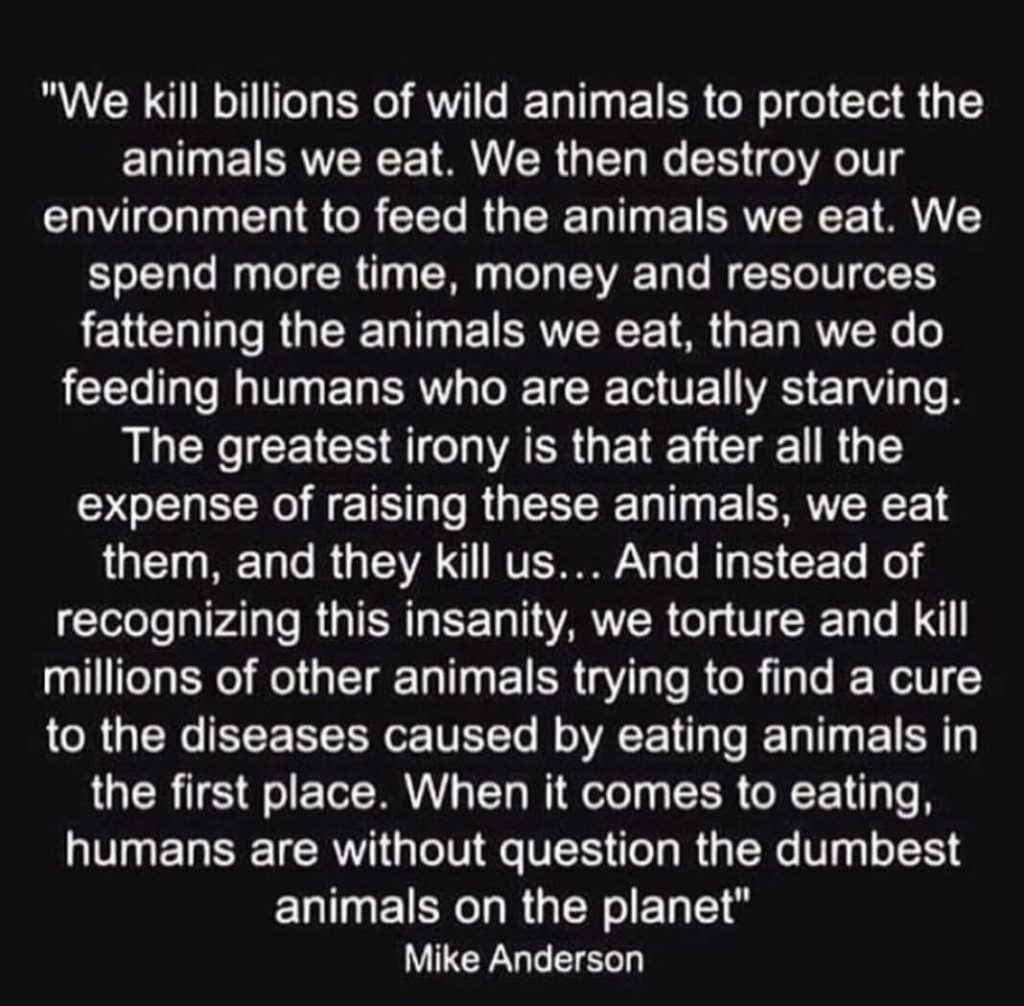
@wwaycorrigan
These seem to be especially frightening times we’re living in. One could be forgiven for thinking things have an ‘end of days’ feel to them.
The global political picture seems as divided as ever. Well you could argue it’s similar to Europe in the 1930s, so we’ve been here before, with people finding comfort in the darker corners of the Left and Right, depending on how the Facebook algorithms roll for you.
Therein, of course, lies one major difference: Europe in the 1930s didn’t have the internet and its ‘social’ media to contend with (it did have a good dollop of censorship all the same).
Whatever the case, there’s nothing really novel about the political — and economical — situation of any period troubling the masses. It would nearly freak us out more if this wasn’t so.
Doomed
What appears to be setting these worrying times apart from previous eras are the natural disasters looming that look set to seriously alter the way we currently live — and where we live, too. (At 2,600 metres-above-sea-level, Bogotá’s inhabitants should be safe enough from rising sea levels a fair bit longer than most other major population centres around the world.)
The optimistic view is that we can still turn things around.
As the almost weekly scientific reports from respected quarters tell us, if we don’t change our ways now, that is to say use ‘green’ energy sources as opposed to those that contribute to global warming, catastrophe awaits.
That’s the optimistic view: Time is still on our side, it remains in our hands, just about, to avert the worst-case scenario.
A lot of the language used in this battle for survival is about ‘saving the planet’.
Solid Earth
Yet, as the late, great (most of the time, anyway) US comedian George Carlin pointed out years back, the planet doesn’t need much saving. Barring some unprecedented meteorite attack, a calamity with our sun, things of that magnitude, the future of Earth looks pretty solid for the next few million years.
OK, we can only go on past form, but as advanced as we humans like to think we are, it’s unlikely that it will be our dirty work that spells the end for the planet.
The most likely scenario, think dinosaurs here, is that the planet will continue on well after the last human on it breathes his/her (or whatever other gender is out there now) last.
If we’re going down, we’re taking a host of others with us.
What we sophisticated humans are indisputably doing, and here I differ from Carlin, is making sure that as we go down, we’re taking a host of other species with us. And we’re doing a pretty good job at that.
As Carlin put it, for the planet we’re probably like fleas. An irritant, no more, no less. Now if the planet had its own way, it would most likely just get rid of us and keep the majority of other living things (yes, even those dastardly mosquitoes).
However, as the host doesn’t directly interfere in how its ‘parasites’ go about their business, bar the occasional earthquake, volcanic eruption and the like, our actions ensure, and have ensured, other, more ‘low-maintenance’ users of the globe cease to exist.
So rather than thinking of ‘saving the planet’, we should be thinking of ‘saving ourselves’, collectively that is.
Yet, it’s the self-centred nature of many of us that will put paid to that. Forget the utilitarian ‘greater good for the greater number’ school of thought. We seem happier with ‘the greater destruction for the greater number.’ «Heck, if we’re doomed anyway we might as well live to the max rather than inconveniencing ourselves fighting a lost cause.»
Oh well, it’s one, whisper it ‘final solution’ to our money and political woes.
________________________________________________
Facebook: Wrong Way Corrigan – The Blog & IQuiz «The Bogotá Pub Quiz».





Comentarios